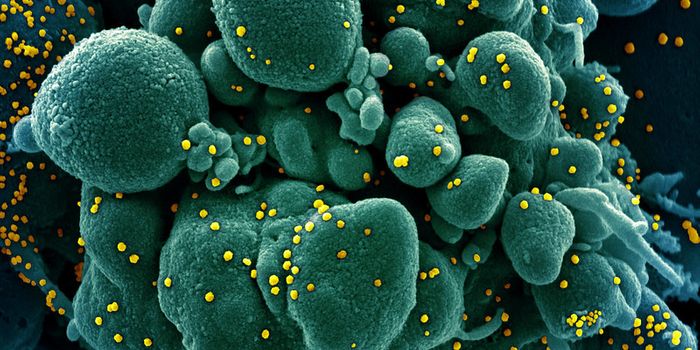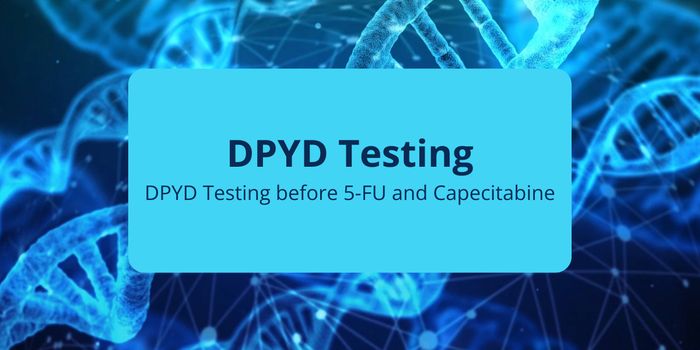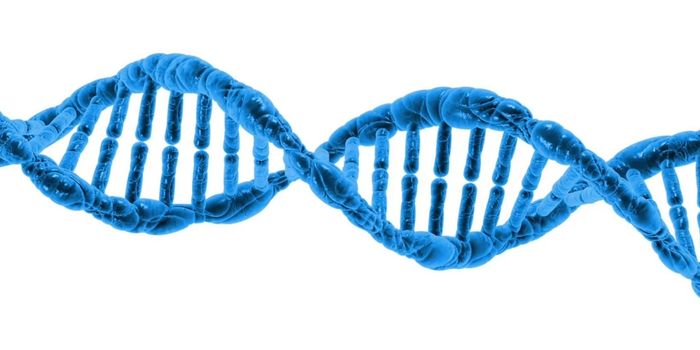A New Blood Test for Parkinson's Disease
Reaching an accurate Parkinson's disease diagnosis can be complex and challenging for patients and practitioners; right now, there is no conclusive screening test or method that identifies the neurodegenerative condition with certainty. Instead, clinicians have to evaluate patients, their family history, and other factors to make a decision. This situation means that some people may be told they have Parkinson's when they do not, and others might not receive a proper diagnosis until the disease has advanced significantly.
New work reported in Science Translational Medicine could change things, however. Scientists have now created a test that uses blood samples to assess damage in mitochondrial DNA, which is only found in mitochondria. These organelles are often known as the powerhouses of the cell, and they carry their own tiny little genomes. Problems in mitochondrial DNA can lead to a variety of health problems. Previous work has associated mitochondrial DNA damage with an increase in Parkinson's risk, and abnormally high levels of mitochondrial DNA damage have been found in post-mortem brain samples obtained from Parkinson's patients.
The test that has been developed relies on PCR that can quantify the amount of mitochondrial DNA damage in Parkinson's patient blood cells and healthy individuals. The findings could lead to a test that will identify Parkinson's patients much sooner, and may lead to better outcomes.
In this study, the researchers also found that people who carry a mutation in the LRRK2 gene have higher levels of DNA damage in blood cells. LRRK2 mutations have been linked to an increase in Parkinson's risk. This test can identify patients with and without LRRK2 mutations who have Parkinson's disease.
The investigators also wanted to know if the new testing method can predict the efficacy of a Parkinson's therapeutic that targets the LRRK2 mutation. The research revealed that cells exposed to an LRRK2 inhibitor had lower levels of mitochondrial DNA damage compared to untreated cells. Thus, the assay may indeed show who is most likely to benefit from LRRK2 inhibitors, whether or not they carry LRRK2 mutations.
"Our hope is that this assay could not only diagnose Parkinson's disease, but also identify drugs that reverse or halt mitochondrial DNA damage and the disease process," said senior study author Laurie Sanders, PhD, an associate professor at the Duke School of Medicine and member of the Duke Center for Neurodegeneration and Neurotherapeutics.
"A simple blood test would allow us to diagnose the disease earlier and start therapies sooner," Sanders said. "Additionally, a clear-cut diagnosis would accurately identify patients who could participate in drug studies, leading to the development of better treatments and potentially even cures."
Now the researchers are conducting additional testing and work to improve the assay and bring it to the clinic.
Sources: Duke University Medical Center, Science Translational Medicine









